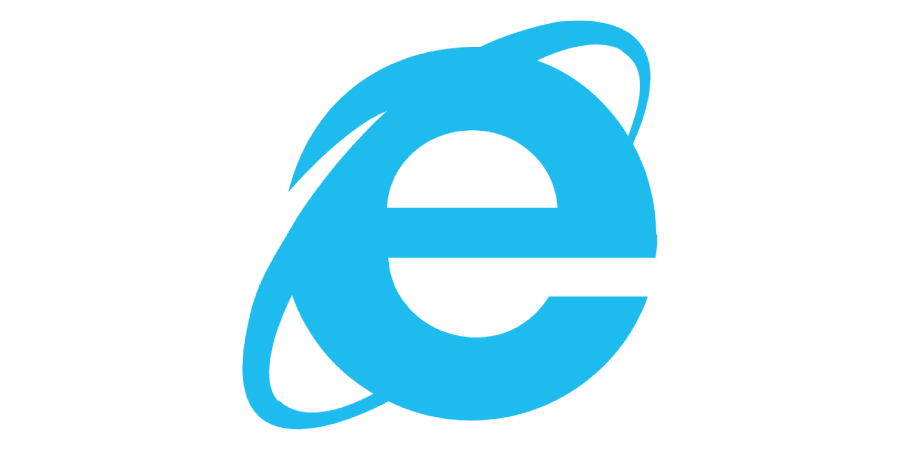Microsoft has announced that it will retire the Internet Explorer browser in the summer of next year and stop support, 26 years after the browser was first launched.
Internet Explorer was launched in 1995. At one time a leading browser, Internet Explorer was unable to compete with new entries in the space like Google's Chrome, Mozilla Firefox, etc. The company has continued to provide support for the latest version, Internet Explorer 11 even though most users have stopped using the legacy browser. However, support will now stop and the browser will officially retire on June 15, 2022. This means that bug fixes and security updates will no longer be released for the browser.
See also: Instagram is testing desktop posting features
The Switch to Edge
Via a blog post, partner group program manager for Microsoft Edge, Sean Lyndersay said, "'Over the last year, you may have noticed our movement away from Internet Explorer (IE) support, such as an announcement of the end of IE support by Microsoft 365 online services. Today, we are at the next stage of that journey: we are announcing that the future of Internet Explorer on Windows 10 is in Microsoft Edge. Not only is Microsoft Edge a faster, more secure, and more modern browsing experience than Internet Explorer, but it is also able to address a key concern: compatibility for older, legacy websites and applications.'
In 2015, Microsoft decided to start fresh and launched its new browser Edge along with Windows 10. Edge has an Internet Explorer mode that can be used to view old websites that do not load correctly on modern browsers. As of March 2021, Edge had a browser market share of 5.5% in the United States[1].
3 benefits of using Edge
As of April 2021, with a market share of 64%, Google's Chrome is the most used web browser in the world, followed by Safari, Samsung Internet, Firefox, and Edge rounding up the top 5 [2]. Edge was built on Chromium, the same system that Google's Chrome is based on. In fact, Edge supports popular Google Chrome extensions. Mentioned below are three benefits of the Edge browser:
1. Privacy features
By default, Edge prevents advertisers from tracking user behavior across websites. Users can choose between Basic, Balanced, and Strict to determine how strong they want the privacy settings to be. Many other browsers make it difficult for users to strengthen privacy settings often hiding the options in complex settings menus.
2. Immersive Reader
Edge has an Immersive Reader mode. Users can activate this mode to make it easier to read text on websites. The browser will remove all distractions from the site and give users the option to change formattings like font, font size, and color.
3. Organized browsing
Vertical tabs and collections make it easier to keep browsing organized. Users typically have multiple tabs open when using the internet. Vertical tabs allow users to drag and drop tabs into a vertical list. So users can create groups of tabs around a single theme or topic, thus reducing the clutter. Collections is similar functionality to Evernote or OneNote. It makes it easy for users to grab and save information to Collections. The Collections can be exported to word or excel if required and can be accessed from anywhere, Android, iOS, or Mac. A very useful feature for research.
Feature image: Microsoft, Public domain, via Wikimedia Commons
Source:
1. Apr 2021, S. Liu, "U.S. market share held by internet browsers 2015-2021", Statista, [available online] available from: https://www.statista.com/statistics/545520/market-share-of-internet-browsers-usa/ [accessed May 2021]
2. n.d., "Most Popular Web Browsers in 2021", Oberlo, [available online] available from: https://www.oberlo.com/statistics/browser-market-share [accessed May 2021]

